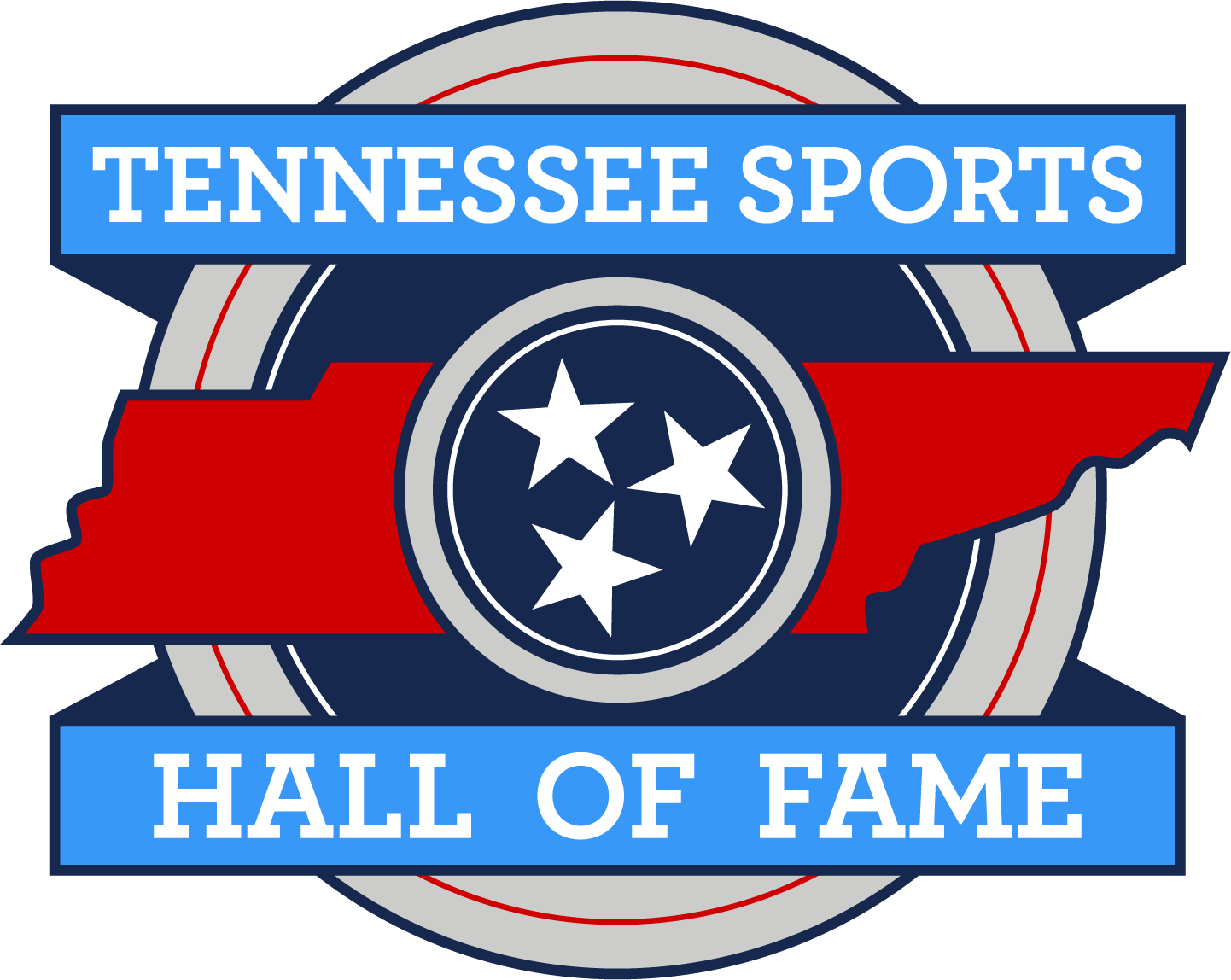Joe Gilliam was an All-American quarterback at Tennessee State University between 1969 and 1972 who led his team to a 39-3 record and two Black College National Championships in 1970 and 1971.
Voted in 1971 and 1972 as an AP All-American and National Black College Player of the Year, Gilliam was known as “Jefferson Street Joe” for his legendary popularity after a boulevard that runs through the TSU campus.
Born in Dunbar, West Virginia to Ruth and Joe Gilliam Sr., “Joey” grew up in Nashville on the campus of Tennessee State University where his father was a defensive coordinator. The younger Gilliam displayed his own athletic abilities at a young age, beginning at Nashville’s Washington Junior High School where he participated in tumbling, track and basketball.
In 1966, he became the starting quarterback at Pearl High School and led the squad when they played in the city’s first season of integrated football.
Drafted in the 11th round by the Pittsburgh Steelers in 1972, Gilliam quickly earned a starting role for the Steelers in 1974, leading the Steelers to a 30-0 win over Baltimore in the season opener and becoming the first African-American quarterback to start a regular-season NFL game.
Gilliam became the Steelers’ starting quarterback in 1974 but lost the job when Terry Bradshaw was chosen to lead the team heading into the playoffs that year, fueling speculation years later that Gilliam was removed solely because he was black.
Even Bradshaw, a well-respected player, admitted that Gilliam was more talented. Gilliam started six games for the Steelers before losing the position to Terry Bradshaw. He led the club in passing that season with 1,274 yards.
In his time with the Steelers, Gilliam earned two Super Bowl rings. Battles with drugs left Gilliam with many problems, but he fought back in rehabilitation centers and worked as a counselor to help others with their addictions.
Most recently in 1999, the TSU President allowed him to host a summer youth football camp at Tennessee State with his father, Joe Gilliam, Sr., to help pass on his love of the game. On Christmas Day 2000, Gilliam died of a heart attack in his home while watching his hometown Tennessee Titans.
